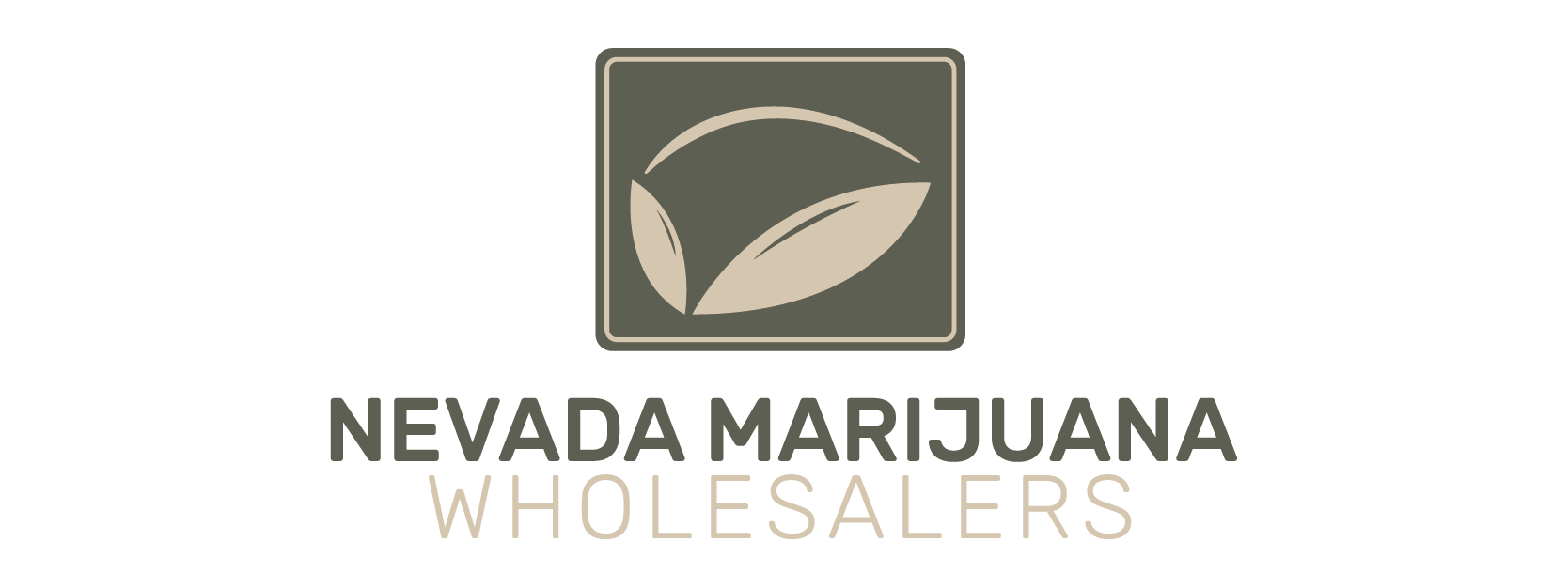Nevada remains a tightly regulated, tourism-sensitive market anchored by Clark County (Las Vegas). State regulators reported $829.2 million in taxable sales for FY2024 (July 1, 2023–June 30, 2024), down about 2% from FY2023—more normalization than downturn. Clark County accounted for roughly $628.4 million, with Washoe County (Reno) contributing about $113.0 million. For wholesalers, that geography matters: orders concentrate around Las Vegas visitor flows, major conventions, and sports-driven weekends.
Pricing, taxes, and FMV mechanics
Wholesale pricing is shaped by two levers: a 15% cultivation-level excise tax on the first wholesale sale and a quarterly Fair Market Value (FMV) schedule used to compute that tax on “affiliate” transfers under common control. Non-affiliate transfers are taxed on the actual sales price. The current framework, effective January 1, 2024, defines multiple FMV categories (e.g., flower, trim, smalls, pre-rolls by weight, immature plants, wet whole plants, and “approved for extraction” material). At retail, a separate 10% excise applies to adult-use sales. Together, these excises generate significant revenue for the state and directly influence netbacks, contract structures, and out-the-door prices.
Supply, demand, and product mix
After the post-pandemic peak in 2021, legal sales trended down and prices eased in 2023–2024. Analysts noted mid-single to low-double-digit price declines in core categories as competition intensified and operators moved closer to agricultural cost structures. For wholesalers, that shift rewards efficient inventory grading: top-shelf flower must justify premium markups, while lower-grade biomass is best channeled toward extraction to protect blended margins. The medical segment continues to contract, but adult-use demand is resilient—particularly in tourist corridors. Price sensitivity is real; reliable mid-tier quality with consistent testing often turns faster than ultra-premium SKUs during soft patches. Meanwhile, the illicit market’s presence keeps a lid on wholesale bids, pressuring brands to differentiate on safety, consistency, and supply reliability rather than price alone.
Licensing landscape and throughput
Nevada’s compliance regime remains a defining feature: seed-to-sale tracking (Metrc), routine inspections and audits, and strict testing rules. As of late-2024, the state oversaw several hundred operational and conditional licenses, including more than a hundred retail stores and dozens of distributors. For wholesalers, compliance is both cost and commercial signal; documented QA and strong audit hygiene shorten sales cycles and support steady reorder cadence from risk-averse buyers.
Lounges: a demand wild card
Nevada authorized cannabis consumption lounges, but roll-out has been uneven. The first lounge to open in Las Vegas later closed after about a year, leaving Planet 13’s venue as the primary operating model at present. As a result, lounges are an emergent channel rather than a volume engine. The upside case ties lounge success to event programming, curated experiences, and tourist bundling; until then, their impact on wholesale demand remains modest.
What wholesale buyers and sellers are optimizing now
- Tax-aware deal structures. Because FMV applies to affiliate transfers and actual price applies to non-affiliate trades, multi-license groups model transfers carefully to avoid adverse tax leakage. Independents benefit from transparent market discovery and shorter contract terms when FMV resets approach.
- Inventory grading and channeling. The spread between connoisseur flower and extraction-bound biomass is central to margin. Defining lots tightly (moisture, potency, terpene profile, contamination risk) and aligning them to the right outlet preserves price integrity.
- Compliance-driven trust. With frequent inspections and firm testing rules, documented SOPs, quick COA turnaround, and recall-ready traceability are commercial assets. Sellers that package compliance data cleanly—batch-level COAs, pesticide screens, heavy-metal results—win B2B credibility and repeat orders.
- Portfolio fit for tourism. Fast-turn SKUs—portable vapes, infused pre-rolls, value eighths, and travel-friendly edibles—align with visitor behavior. Wholesale buyers time purchase orders to convention calendars, sports events, and seasonal spikes; sellers who forecast around those peaks secure shelf space and minimize markdowns.
Outlook
Near-term, expect cautious wholesale pricing with periodic FMV adjustments and steady regulatory oversight. Key swing factors include: (i) lounge build-out and viable operating models, (ii) any federal rescheduling-related improvements to capital access and banking, and (iii) enforcement against intoxicating-hemp gray markets that undercut legal channels. Base case: operators that execute on cost control, compliance credibility, and product-market fit will continue to move volume, especially in Clark County, while premium-tier SKUs compete selectively and mid-tier, lab-reliable products drive the bulk of turns.
